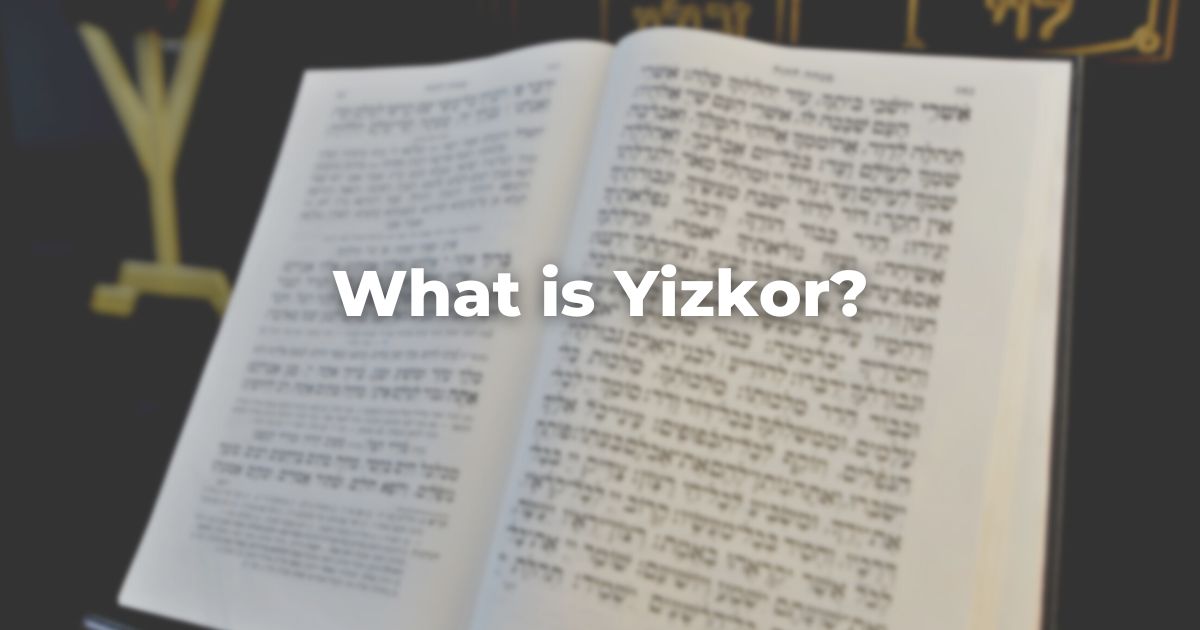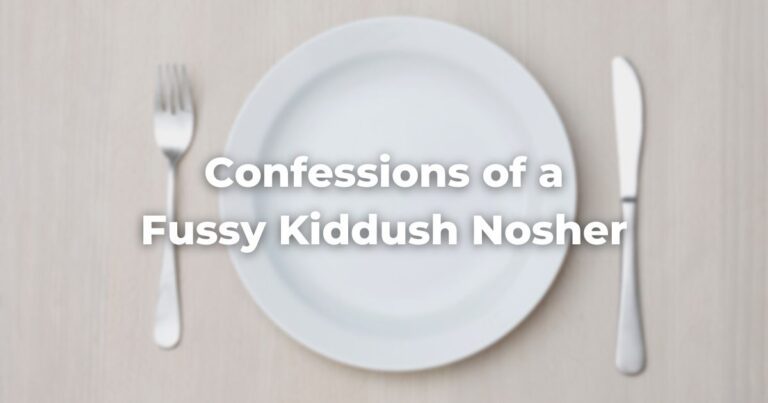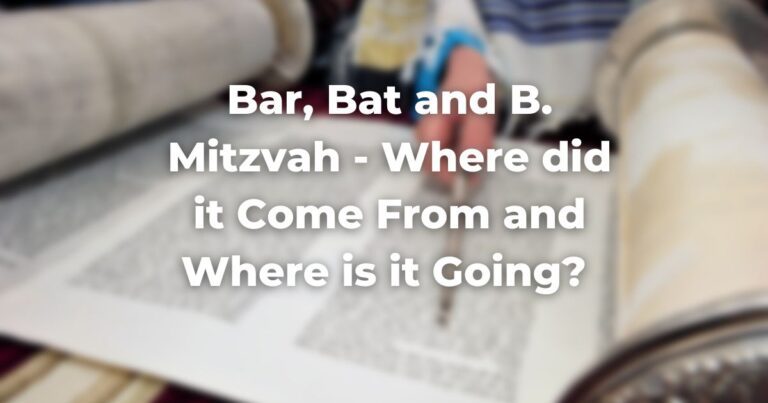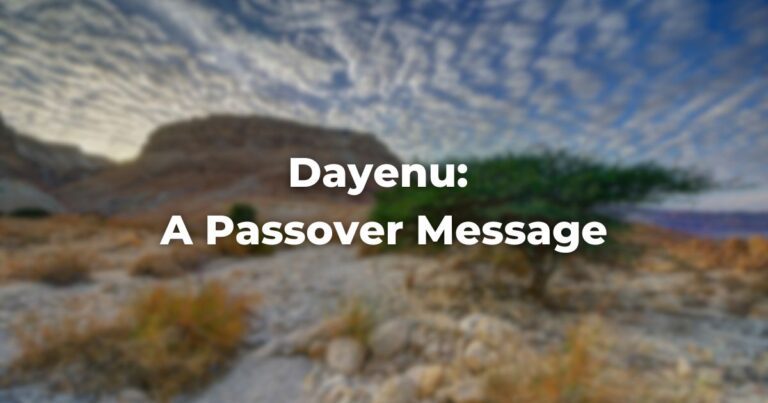The Memorial Service called Yizkor (named after the first word in its most prominent prayer*) is recited four times during the course of the year: on Yom Kippur and, in diaspora communities, on Shemini Atzeret, on the eighth day of Passover, and on the second day of Shavuot.
For such a well-known service, however, Yizkor is a relatively late liturgical development, and was possibly composed in reaction to the Crusades and the terrible loss of Jewish life in that dark chapter of history.
The Yizkor service itself is a bit fluid, but generally consists of a collection of readings and recitations revolving around two central prayers: the individual Yizkor prayers, in which worshipers invoke God’s continued protection of the souls of loved ones who have passed on, and the El Malei Rachamim, the traditional memorial prayer that poetically expresses the hope that the dead rest in peace under God’s divine protection.
It is customary in many communities for individuals whose parents are still living to leave the sanctuary during Yizkor.
Partially the result of a superstitious fear that remaining in the sanctuary would be to tempt fate and partially rooted in the feeling that those who have suffered terrible loss in their lives deserve some privacy in which to mourn publicly for their lost parents, spouses, siblings, or children, the unfortunate outcome in many congregations is a kind of mass exodus from the sanctuary right before Yizkor.
In the end, there is no halakhic or rational reason not to remain in the sanctuary during Yizkor.
Even those whose parents are still alive will surely have lost friends or other relatives who are deserving of being remembered at this time. And it is fully appropriate that every member of every Jewish community pause to remember those who perished in the Shoah, as well as Jewish martyrs of every age, during the Yizkor service.
It is customary to give gifts of charity in memory of those remembered during Yizkor.
Individuals who recite versions of the Yizkor service in which they formally pledge to give charity in memory of the specific people they are remembering should consider such gifts requisite.
Adapted with permission from The Observant Life.
*English text of Yizkor Prayer
(Translation adapted from Mahzor Lev Shalem):
May God remember the soul of my [parent, spouse, sibling, child, relative, friend] who have gone to their eternal home. In loving testimony to their lives, I pledge tzedakah to help perpetuate ideals important to them.
Through such deeds, and through prayer and remembrance, may their souls be bound up in the bond of life. May I prove myself worthy of the many gifts with which they blessed me.
May these moments of meditation strengthen the ties that link me to their memory. May they rest in peace forever in God’s presence.
Amen.
Note: This prayer is only one part of the Yizkor service, which includes other prayers of remembrance along with mourners’ kaddish.
Authors
-

-

The Observant Life: The Wisdom of Conservative Judaism for Contemporary Jews distills a century of thoughtful inquiry into the most profound of all Jewish questions: how to suffuse life with timeless values, how to remain loyal to the covenant that binds the Jewish people and the God of Israel, and how to embrace the law while retaining an abiding sense of fidelity to one’s own moral path in life. Written in a multiplicity of voices inspired by a common vision, the authors of The Observant Life explain what it means in the ultimate sense to live a Jewish life, and to live it honestly, morally, and purposefully. The work is a comprehensive guide to life in the 21st Century. Chapters on Jewish rituals including prayer, holiday, life cycle events and Jewish ethics such as citizenship, slander, taxes, wills, the courts, the work place and so much more.
View all posts






